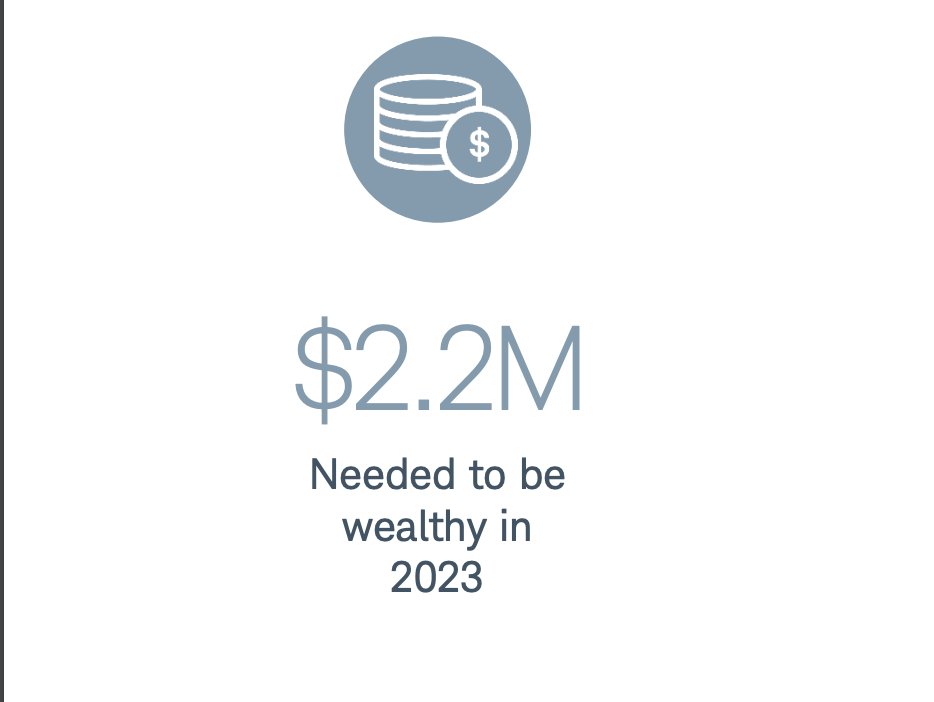Friends,
When Americans woke up on February 3rd, they were bracing themselves for the potential side effects of 25% tariffs that were set to go into effect against both Canada and Mexico.
When they woke up the next morning, both had been paused -- and many breathed a sigh of relief.
Events like this can make the world feel unpredictable. It causes us to re-evaluate how much risk we have in our portfolios.
But that's the exact wrong time to take such precautions.
That's because risks are highest when we aren't worried about risks.
Let's use a crude but well-known example. There was no riskier day to fly out of Boston Logan International than September 11, 2001. But no one going to bed on September 10th actually considered it a problem.
Conversely, when the skies fully opened on September 15th, many considered flying beyond risky. The truth: given the focus on security, there was probably nothing safer than flying that day.
The fear of uncertainty is the very thing that drives us towards safety.
This is a bewildering problem.
We can't stop worrying when problems arise -- especially if it's the act of worrying itself that makes us safe.
At the same time, eternal vigilance can be exhausting. If we spend all our time worrying about risks in our portfolios, our life suffers. Investing goes from being additive to subtractive.
The solution is actually very simple:
- Assume something bad is going to happen.
- When investing, focus on the things that don't change over time (for example: "customers will always like quality, convenience, and selection").
- Invest in companies that provide those things, have a wide moat, and have at least a reasonable valuation.
- Go live your life.
That might sound trite, but that doesn't make it ineffective. We have no idea where chaos is going to surface next. But we can be sure of one thing: chaos will most definitely surface. If you take these steps beforehand, you've set yourself up for long-term success.
Wishing you continued investing luck,
|
|
Brian Feroldi, Brian Stoffel, & Brian Withers
Long Term Mindset
|
P.S. Does stock analysis overwhelm you? We know the feeling. We've been working for months on a new tool that speeds up and simplifies the process. Want to learn more? Click here to join the waitlist and get updates.

